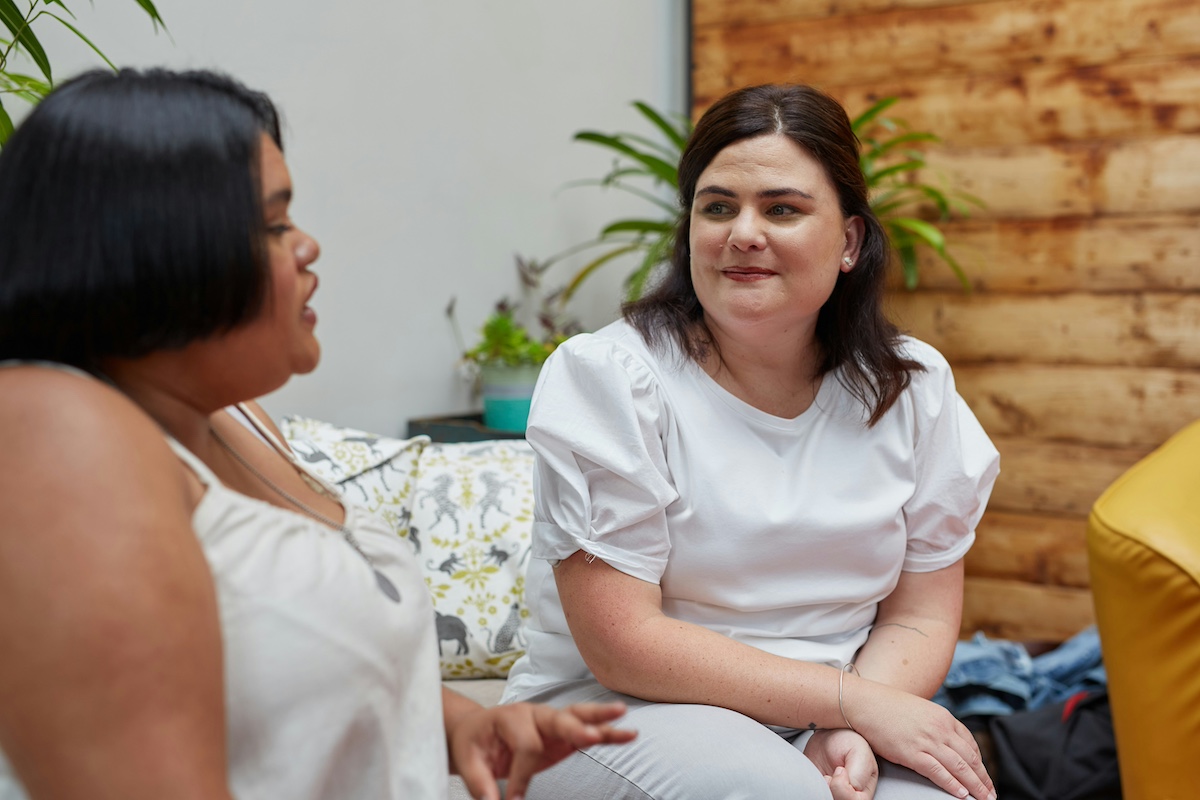When a loved one faces mental illness, it can feel like the ground is shifting under your feet. You want to help. You want to say the right thing, do the right thing. But sometimes, you fear you’ll break under the weight of it all.
Whether you’re a parent, a sibling, a partner, or a close friend, loving someone with a mental illness is emotional terrain most of us never expect to navigate. It can be confusing, even heartbreaking. But there can also be healing. And even, in the process, moments of deep connection and joy.

Empty heading
But it all starts with understanding. Understanding your loved one, and understanding your own abilities and limitations during the journey you’re taking together. That’s easier said, of course — so, let’s explore some simple strategies to help you walk this road with your loved one.
1. Learn and listen without judgment
Educating yourself about mental health — and your loved one’s diagnosis — is a powerful first step. When you understand the symptoms, treatment options, and realities of living with a mental illness, you’re more equipped to show up with empathy. It’s also a clear sign that you’re truly there for them.
But it’s not just about understanding the illness itself; it’s also about understanding the person. That begins by employing active listening — the kind of listening where you’re aiming to really hear rather than thinking of your next response. Resist the urge to offer solutions or counter-arguments; instead, create a safe space where your loved one feels heard, seen and accepted.
2. Offer practical support
Living with a mental illness can be overwhelming. Medications, therapy appointments, self-care routines and day-to-day responsibilities pile up. While you can’t solve the challenges on your own, you can still make a big impact. Providing rides to appointments, lending a hand at home, taking a grocery run, or just checking in regularly with kindness are great ways to relieve pressure while proving your care is lasting.
But be careful not to assume which tasks are needed or wanted; ask what’s helpful. Sometimes the best support is simply offering your presence, without needing to do or fix anything.
3. Set boundaries and care for yourself
Our love for others is at its best when we’re caring for ourselves, too. Supporting someone struggling with their mental health can be emotionally and physically taxing. So, while it may seem hard at first, it’s OK to set boundaries.
It’s vital to understand that you will need support, too. You may choose to see a therapist or connect with others going through similar experiences, or both. NAMI Colorado Springs offers Family-to-Family, a free educational program that equips loved ones with tools to support others while also caring for their own mental health.
4. Encourage, but don’t pressure
When someone we love is hurting, our impulse is to somehow force the healing. And when we see signs of improvement, it can be tempting to push for more, faster progress.
Your belief in them can be a lifeline — especially when they struggle to believe in themselves. And of course encouragement is helpful. But it’s important to avoid placing expectations on the healing journey. Celebrate small wins, cheer their efforts, and assure them that your support doesn’t depend on their progress.
5. Be consistent
Mental health challenges can be isolating. If friends stop showing up, or family members disengage, the silence can be devastating. That’s why consistency matters. A loving note, a shared meal, simply showing up when you say you will: These are the ways we communicate love tangibly.